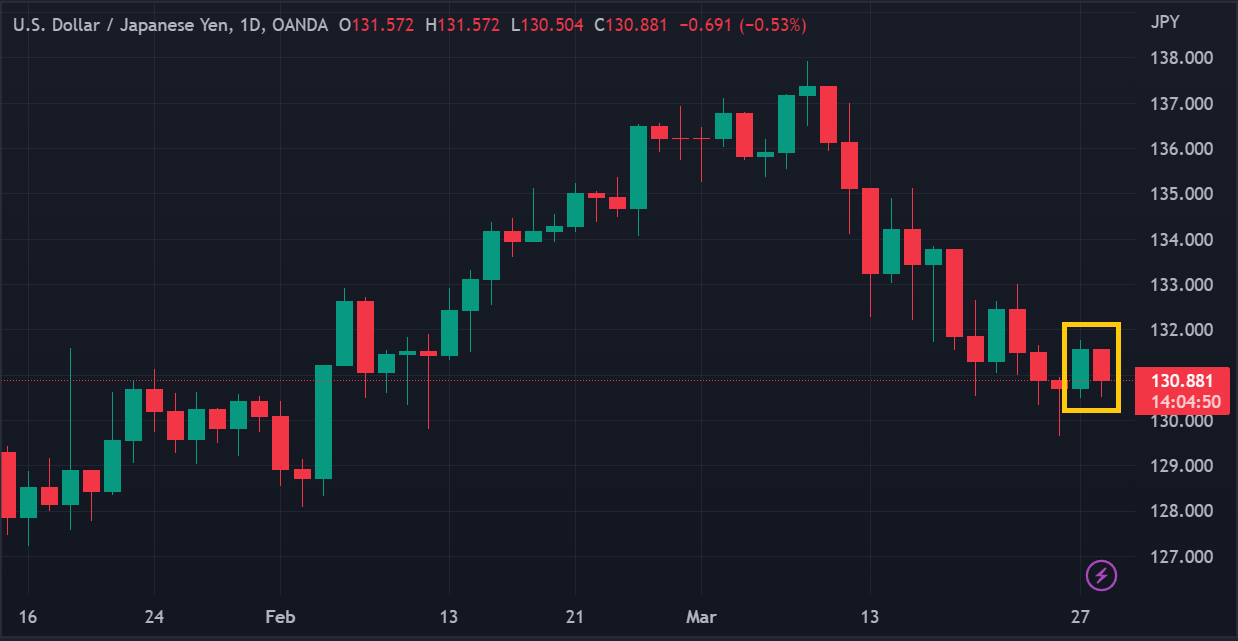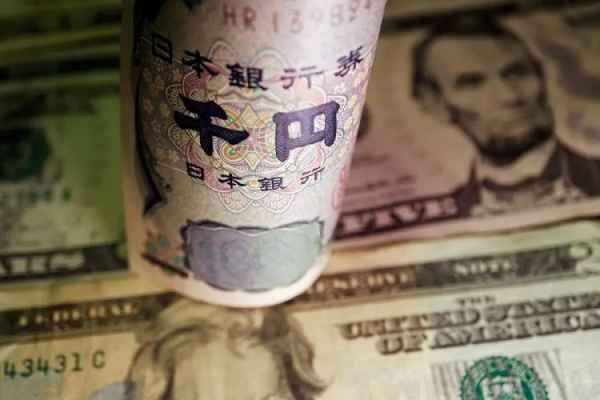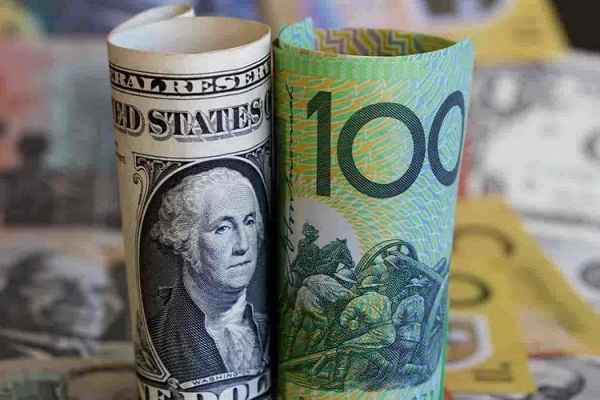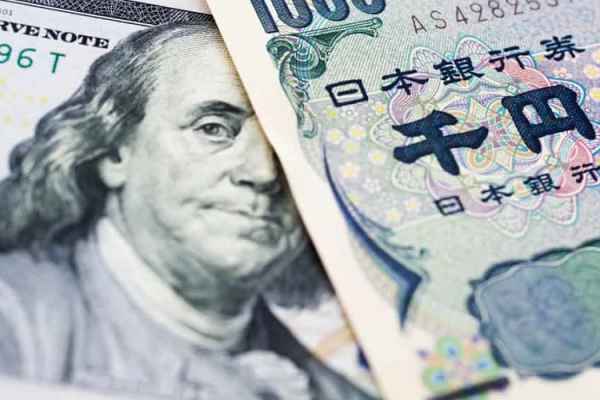The USD/JPY pair is fluctuating due to changes in The Fed's interest rate expectations and the end-of-year dynamics of Japan's fiscal year.
The US dollar index (DXY) weakened at the beginning of this week as the subsiding of banking turmoil has lowered market interest in buying safe-havens. The greenback is weakening against most major currencies during Tuesday's (March 28) Asian session. The USD/JPY pair rose more than 0.5% on Monday but has since retreated towards the 130.50 level.
 USD/JPY Daily chart via TradingView
USD/JPY Daily chart via TradingView
The buying interest in USD/JPY briefly surged on Monday amid news that First Citizens BancShares Inc was set to acquire all deposits and loans of Silicon Valley Bank. However, the rally was short-lived, and USD/JPY resumed its downtrend on March 9.
Two factors underlie the dynamics of USD/JPY. First, the decline in expectations of The Fed's interest rates. Second, the end-of-fiscal-year dynamics in Japan.
Since the collapse of Silicon Valley Bank, the market has continued to doubt The Fed's commitment to maintaining high-interest rates throughout the rest of the year. Last week, Fed Chair Jerome Powell signaled an intention to increase and maintain rates until year-end. However, last night's market data showed a 55% chance for a scenario in which The Fed leaves its rates unchanged in May and starts cutting rates in July.
USD/JPY is also weighed down by a temporary increase in the dollar/yen selling trend that typically arises ahead of the end of the fiscal year in Japan. The fiscal year is a consecutive 12-month period that is a reference for accounting records, financial reporting, and budget making.
The Japanese fiscal year typically starts on April 1 and ends on March 31. At the end of the fiscal year, companies can buy or sell currencies as needed to enhance their financial statements. The currency most commonly exchanged for yen in this context is the US dollar.
"The time of the year - the Japanese fiscal end - I think there are some flows from Japanese repatriating," said Bart Wakabayashi, branch manager at State Street in Tokyo. "If that's it, it's pretty much a one-off, and then we'll get back to basics, which is essentially following yields."
Kristina Clifton, an analyst at Commonwealth Bank of Australia, also warned in a note to her clients that Japanese banks are likely to seek funding in USD ahead of the end of the fiscal year next Friday. Therefore, she believes "USD/JPY could be volatile this week."

 Dedicated FREE FOREX VPS
Dedicated FREE FOREX VPS Free FOREX Virtual Private Server
Free FOREX Virtual Private Server MT4 Demo Contest, Get $500
MT4 Demo Contest, Get $500 Sign Up for an Account, Claim 60% Deposit Bonus
Sign Up for an Account, Claim 60% Deposit Bonus Free MT4/MT5 VPS 2024
Free MT4/MT5 VPS 2024 Send E-mail and Get Free Merchandise
Send E-mail and Get Free Merchandise $1K Refer a Friend Bonus for Pepperstone Pro clients
$1K Refer a Friend Bonus for Pepperstone Pro clients Maximize Your Earnings with 100% Deposit bonus
Maximize Your Earnings with 100% Deposit bonus Trade to Win, $5,000 Monthly Demo Contest
Trade to Win, $5,000 Monthly Demo Contest Claim 30% + 15% Deposit Bonus from LiteFinance
Claim 30% + 15% Deposit Bonus from LiteFinance






